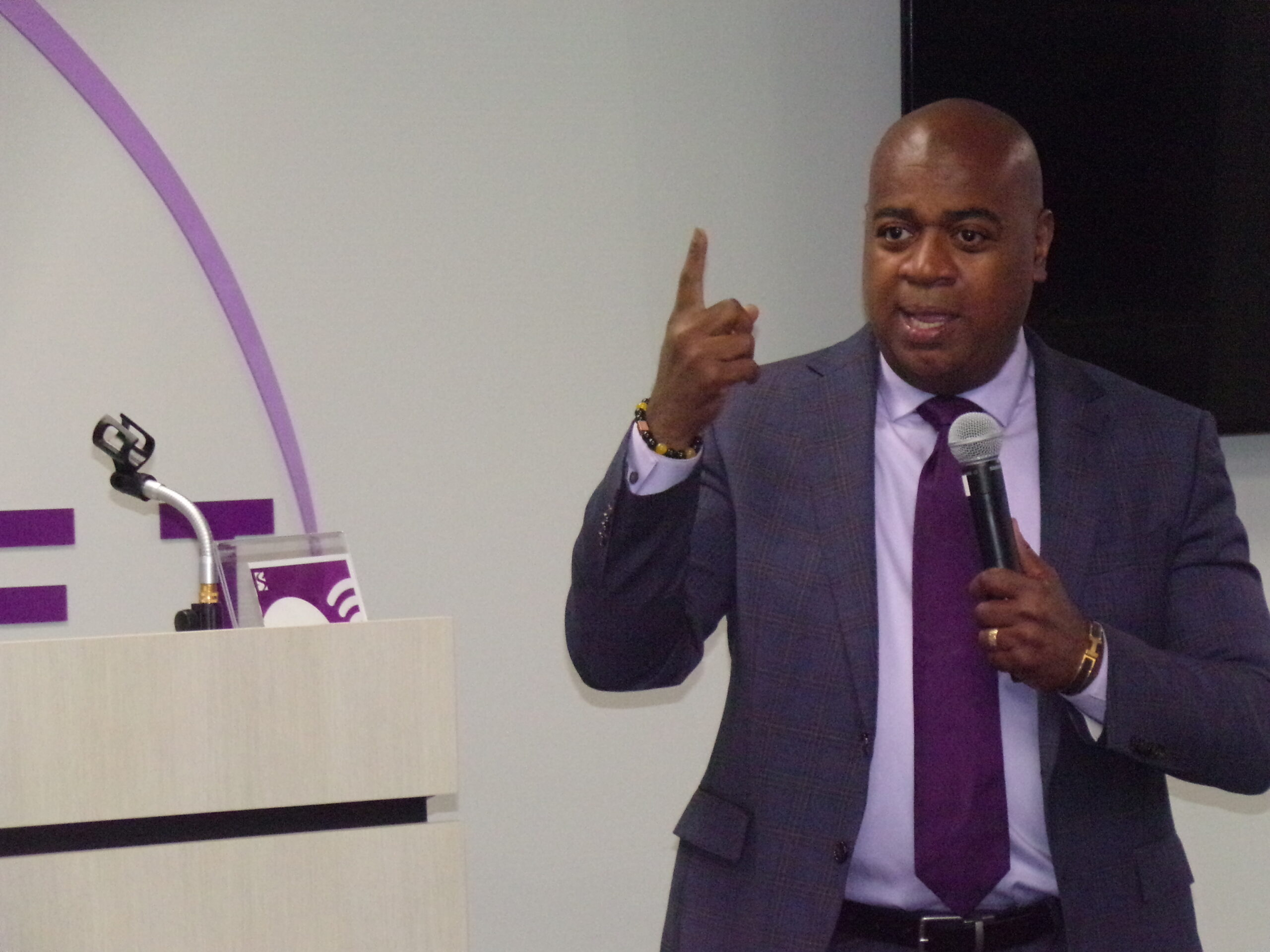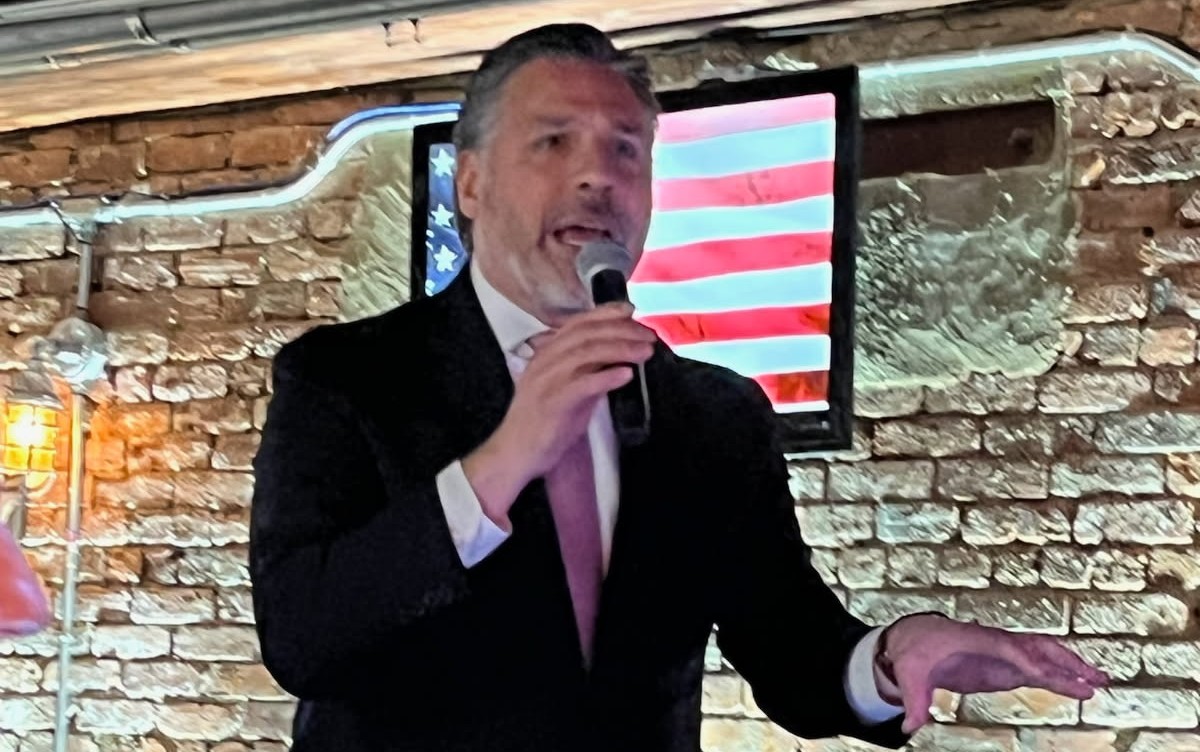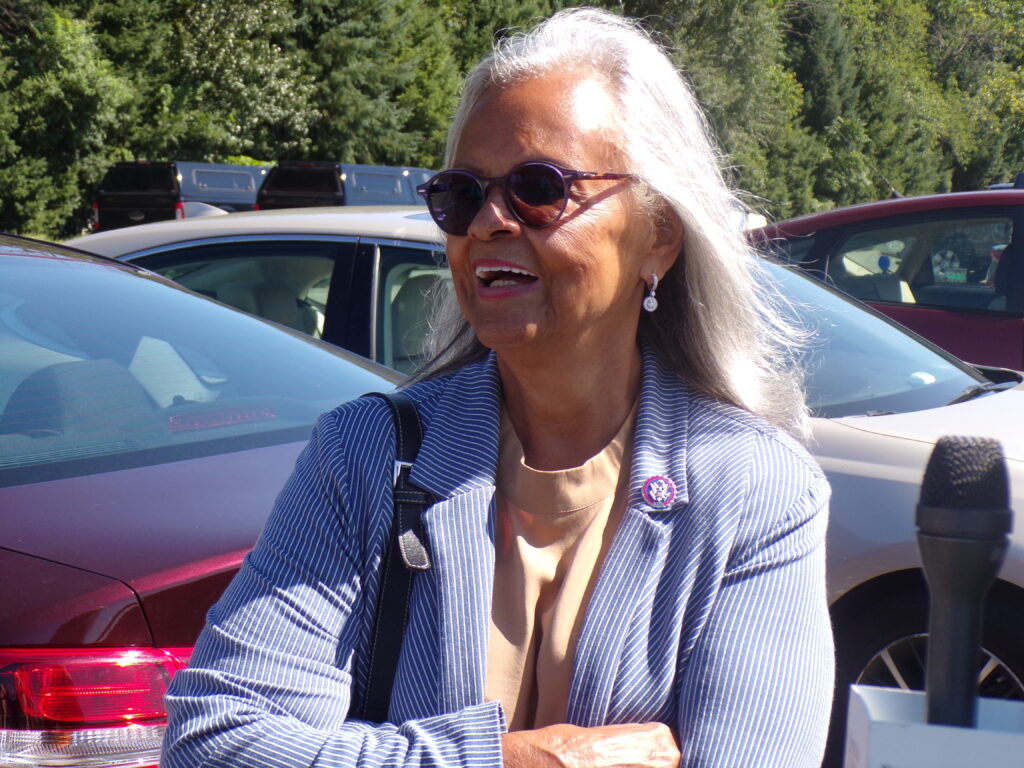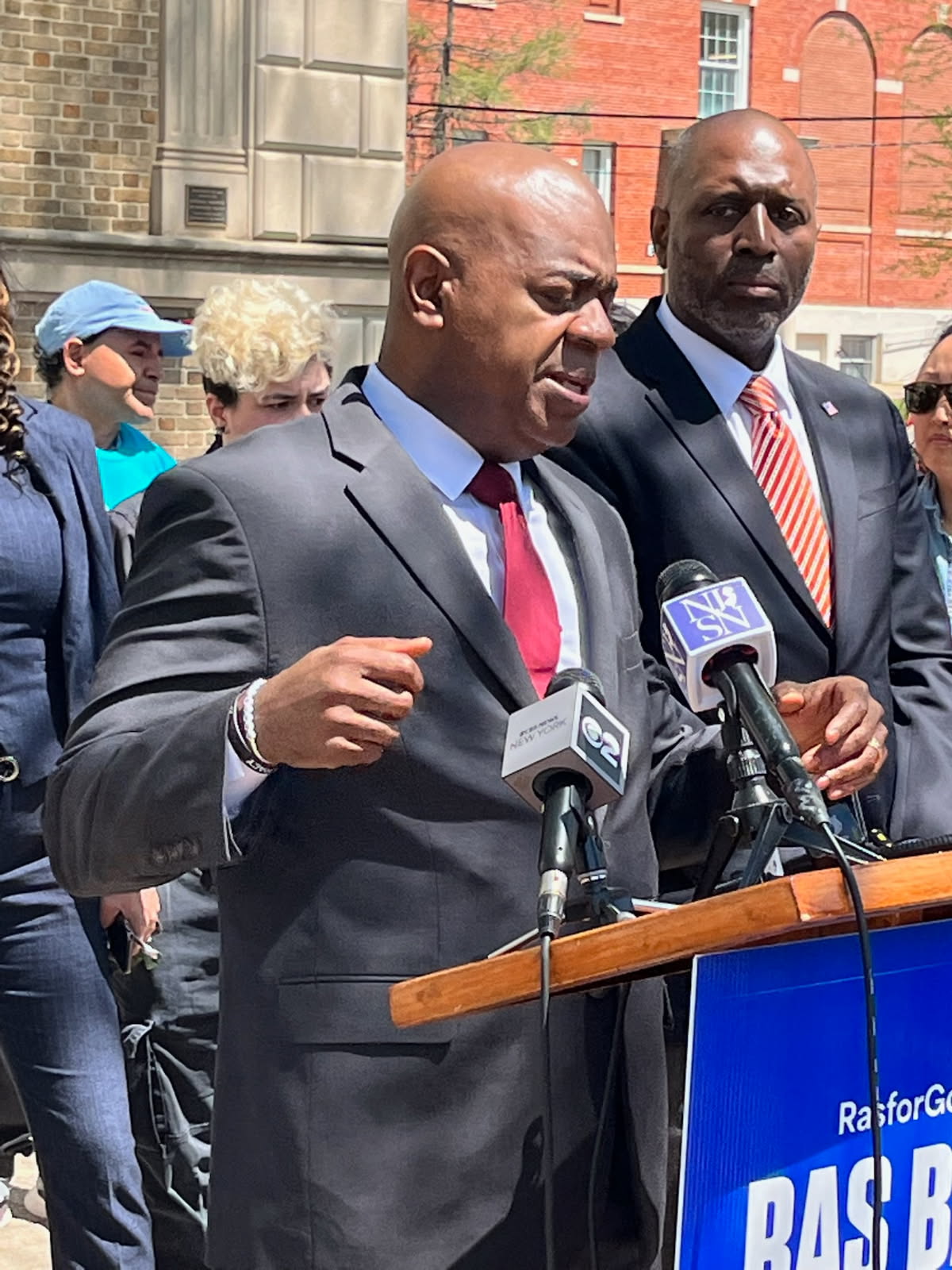
MAYOR RAS A. BARAKA AND NJDEP COMMISSIONER SHAWN M. LATOURETTE
STATEMENT ON LEAD SERVICE LINE REPLACEMENT INVESTIGATION
The City of Newark and the New Jersey Department of Environmental Protection (NJDEP) are pleased by the latest developments in an investigation by the U.S. Attorney’s Office that resulted in the arrests of two individuals who are charged with fraud by failing to fully replace lead service lines at sites that required remediation between 2019 and 2021.
In January 2024, Newark and the NJDEP were advised of concerns that, in some cases, third parties hired to replace lead service lines in Newark may not have complied with all requirements for full line replacement (example: from the water meter inside a home to the water main in the street). In response, Newark and the NJDEP initiated an audit to identify affected properties and commence inspections to verify compliance with lead service line replacement requirements to ensure the continued safety of all residents.
The audit, which began in January 2024, included both a targeted and a randomized data assessment resulting in over 700 excavations.
The targeted audit included 403 service line excavations. Of these, 33 properties were found to contain some remaining lead components, which were replaced. Consistent with Newark’s post-replacement protocol, residents were provided point-of-use filters for lead and flushing guidance by the city. The NJDEP is evaluating the randomized audit data set.
Importantly, the NJDEP has confirmed that Newark’s corrosion control treatment has been optimized to protect residents whose water may come into contact with plumbing that may still contain lead components. Newark has also demonstrated compliance with federal requirements. At this time, there is no need for Newark residents to take any additional precautions with respect to their drinking water.
Both the City of Newark and NJDEP’s leadership acted on these allegations as soon as we learned of them. We are proud that these investigations have led to arrests of individuals in connection with this matter, and justice will be done. We are also grateful to Newark residents who cooperated with the investigation, by allowing these excavations on their property.
Despite the indictment of these parties, the city and NJDEP remain confident in the success of the lead service line replacement program, which has led to 23,190 replacements, and stands as a national model for reducing the risks of lead exposure.
(Visited 100 times, 104 visits today)
Newark, New Jersey has been facing a lead line situation for quite some time now, and Mayor Ras Baraka along with the Department of Environmental Protection (DEP) have issued a statement addressing the issue.
Lead contamination in drinking water is a serious health concern, especially for children and pregnant women. Lead exposure can lead to a range of health problems, including developmental delays, learning disabilities, and behavioral issues. It is crucial for cities to address lead contamination in their water supply to protect the health and well-being of their residents.
In the statement issued by Mayor Baraka and the DEP, they acknowledge the presence of lead in Newark’s water supply and outline the steps that are being taken to address the issue. These steps include replacing lead service lines, implementing corrosion control measures, and providing residents with information on how to reduce their exposure to lead.
The statement also emphasizes the importance of testing for lead in drinking water and encourages residents to take advantage of free water testing programs that are being offered by the city. Additionally, Mayor Baraka and the DEP are working to improve communication with residents about the lead line situation and provide updates on progress being made to address the issue.
It is clear that Mayor Baraka and the DEP are taking the lead line situation in Newark seriously and are committed to finding solutions to protect the health of residents. It is important for residents to stay informed about the issue and take proactive steps to reduce their exposure to lead in drinking water. By working together, we can ensure that Newark’s water supply is safe for all residents.



